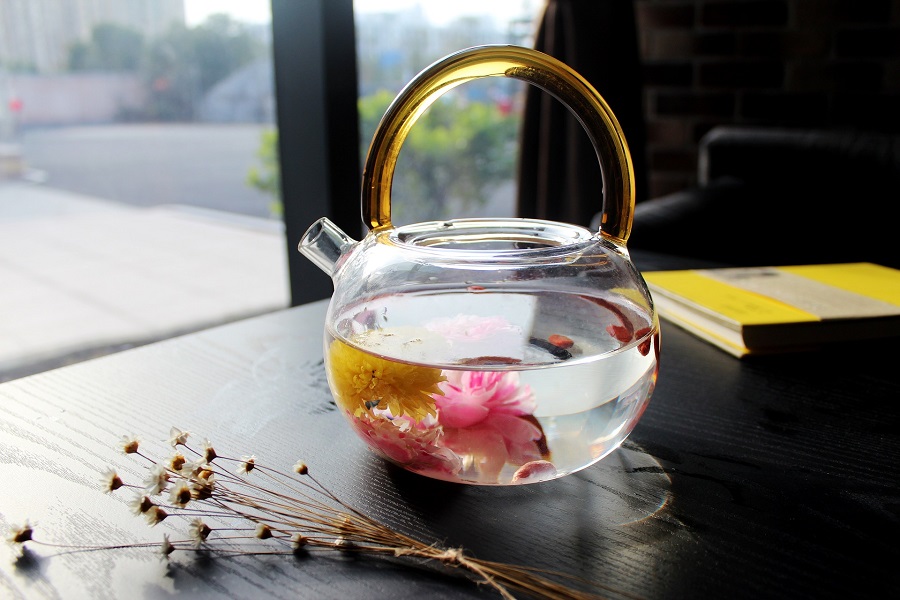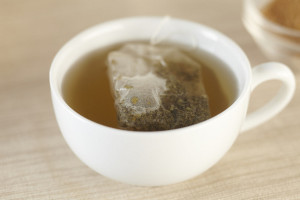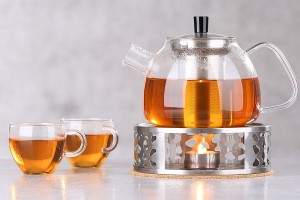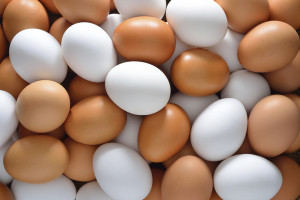How to Keep Your Eggs Fresh Longer?
Eggs are a common food in our daily dieting, but we usually purchase eggs in dozen and find some of them deteriorate after some period of time. However, the good eggs may also be mistaken as bad ones and be thrown immediately. So, here’s how to determine eggs’ quality and keep them fresh as long as possible.
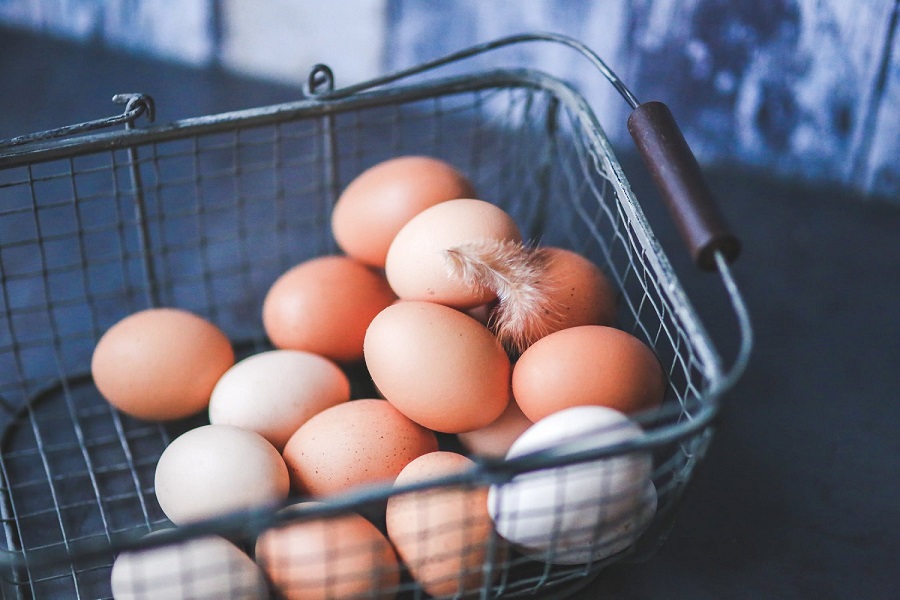
I.Determine whether your eggs are fresh
Sniff test the eggs: it is the oldest and simplest method to determine an egg’s freshness. If the egg smells raw or cooked, that usually means you can’t eat it anymore. If you can’t tell whether it is bad, crack the egg and give it a sniff will help.
Visually inspect the eggs: check to see if the shell is cracked, slimy or powdery. Cracks or sliminess means potential infection of bacteria, while powdery appearance indicates mold. Or, you can also crack the egg and take a look at the whites or yolks. Often, any pink, blue, green or black discoloration means deterioration.
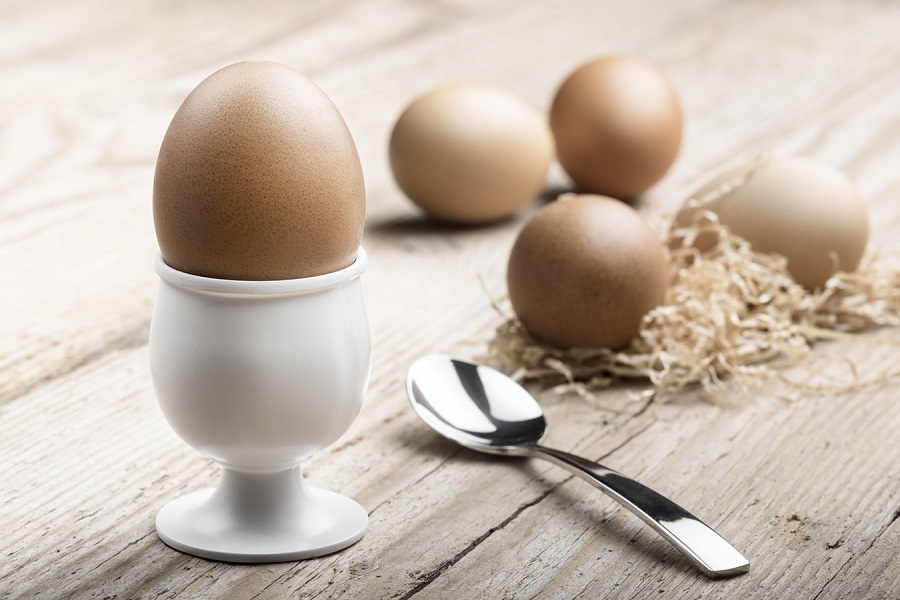
Float test the eggs: to perform the test, just gently throw your egg into a cup or bowl filled with cold water. If the egg sinks to the bottom, it is still fresh. If it floats, it has gone bad. Note that this method may tell you whether the egg is fresh or not, but it can’t tell you whether it is bad.
II.Some simple ways for preservation
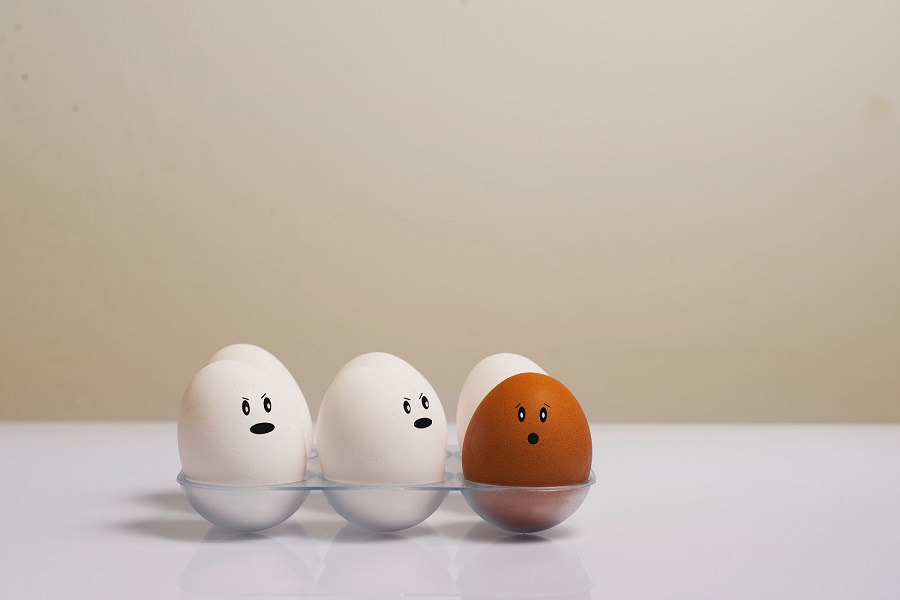
Preserve in the fridge: this is the most common way to keep eggs fresh. But do follow these tips. You’d better store eggs in the original container, as it is designed to keep them safe and uncorrupted by other odors in the refrigerator. Besides, place the eggs in the main part of your fridge where the temperature fluctuates the least. Keep them below 55℉ and carefully monitor the humidity at around 75%.
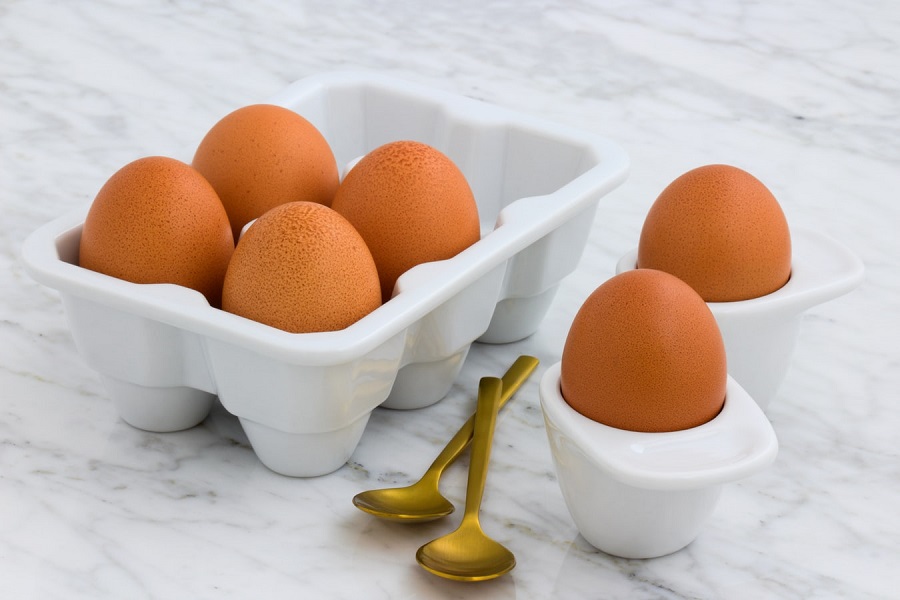
Coat your eggs for long-term storage: since eggshells are porous, the liquid inside the eggshell tends to evaporate and turns into the air over time. This is why we suggest you not to wash eggs until you need to use them—laid eggs are born with a protection film called “egg bloom” that can prevent bacteria from getting inside the shell and moisture loss. Similarly, dipping eggs in oil at a temperature between 50℉ to70℉will last them for several months.
Storing whites and yolks: it is also a good idea to separate whites and yolks in a different freezer-safe airtight container. Take care not to puncture the yolks when sifting out them. In addition, place the yolks in a bowl of cold water to have full protection. Alternatively, you can also mix up whites and yolks and then store them in a freezing container. If properly frozen, the eggs will be fresh even for up to a year.
Read More:









